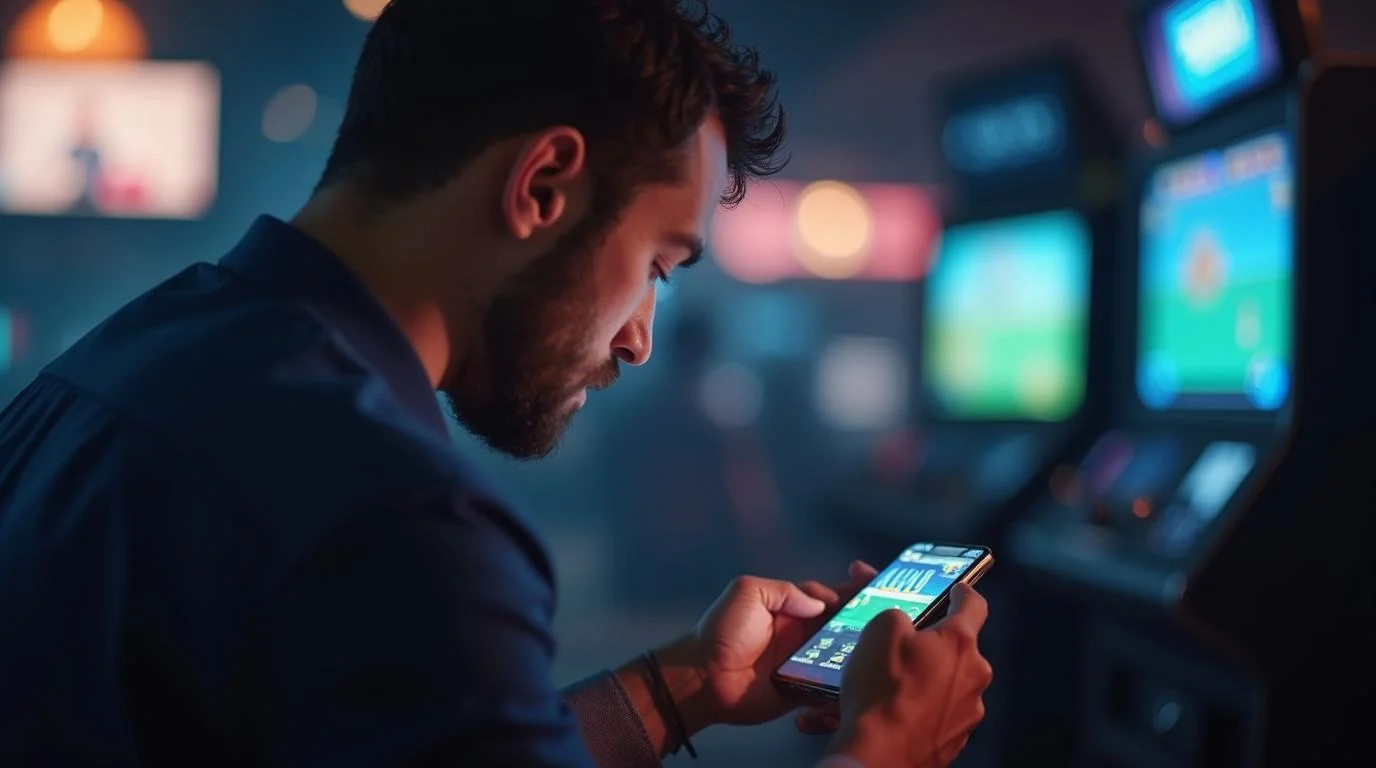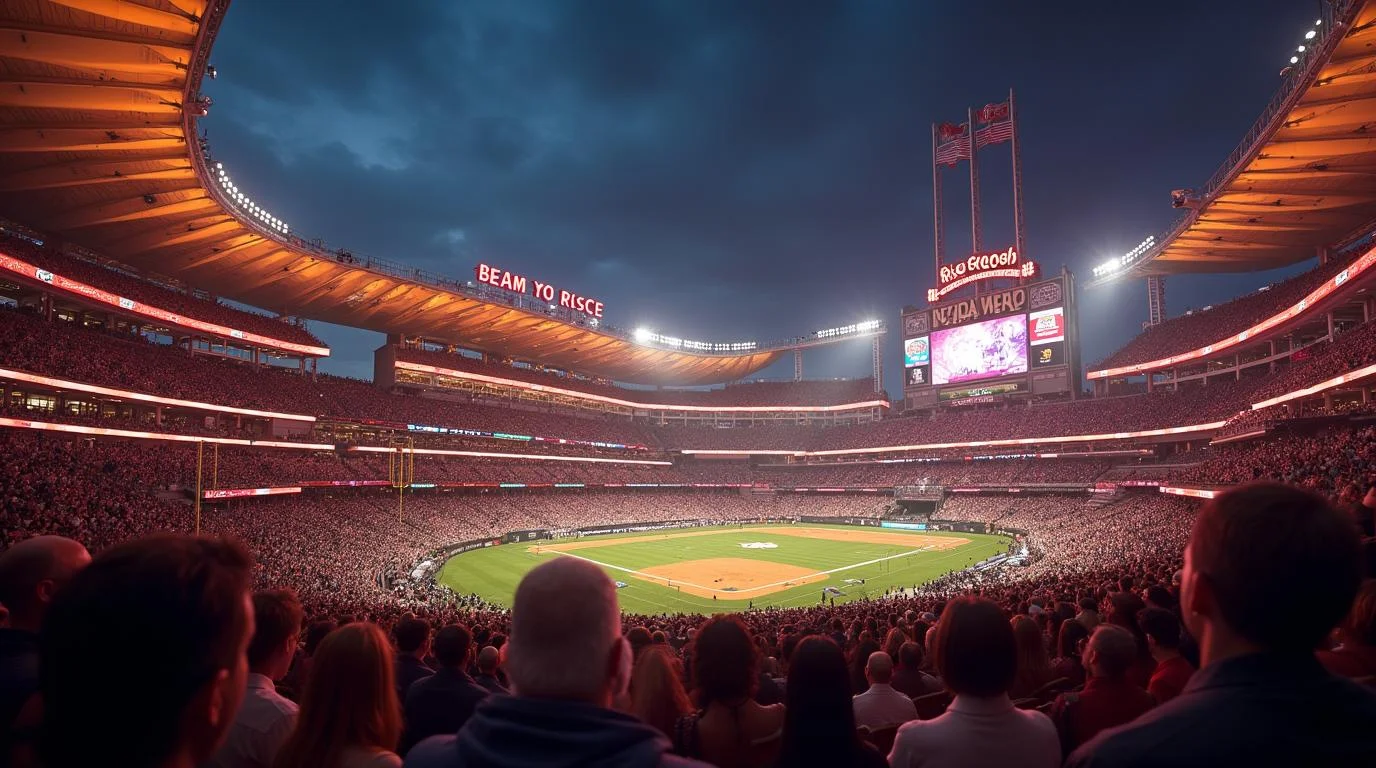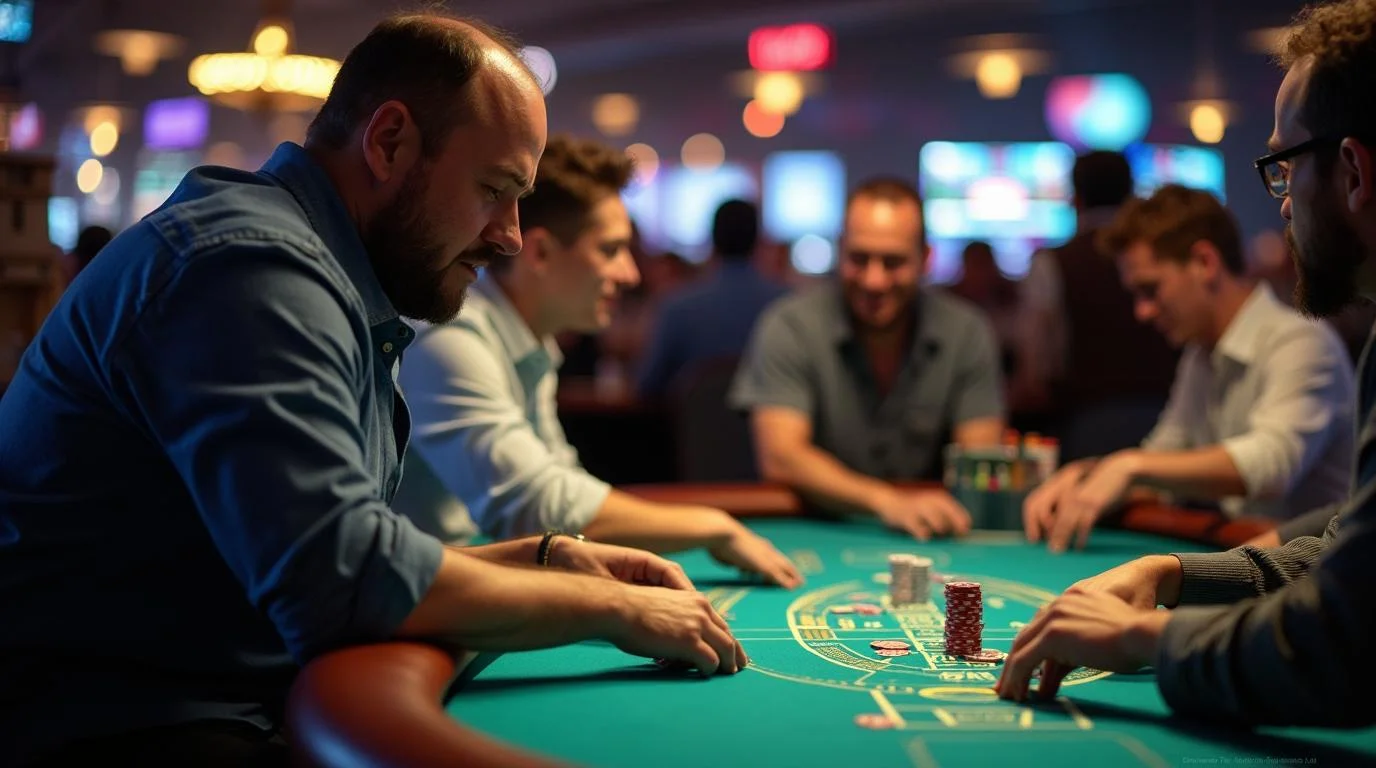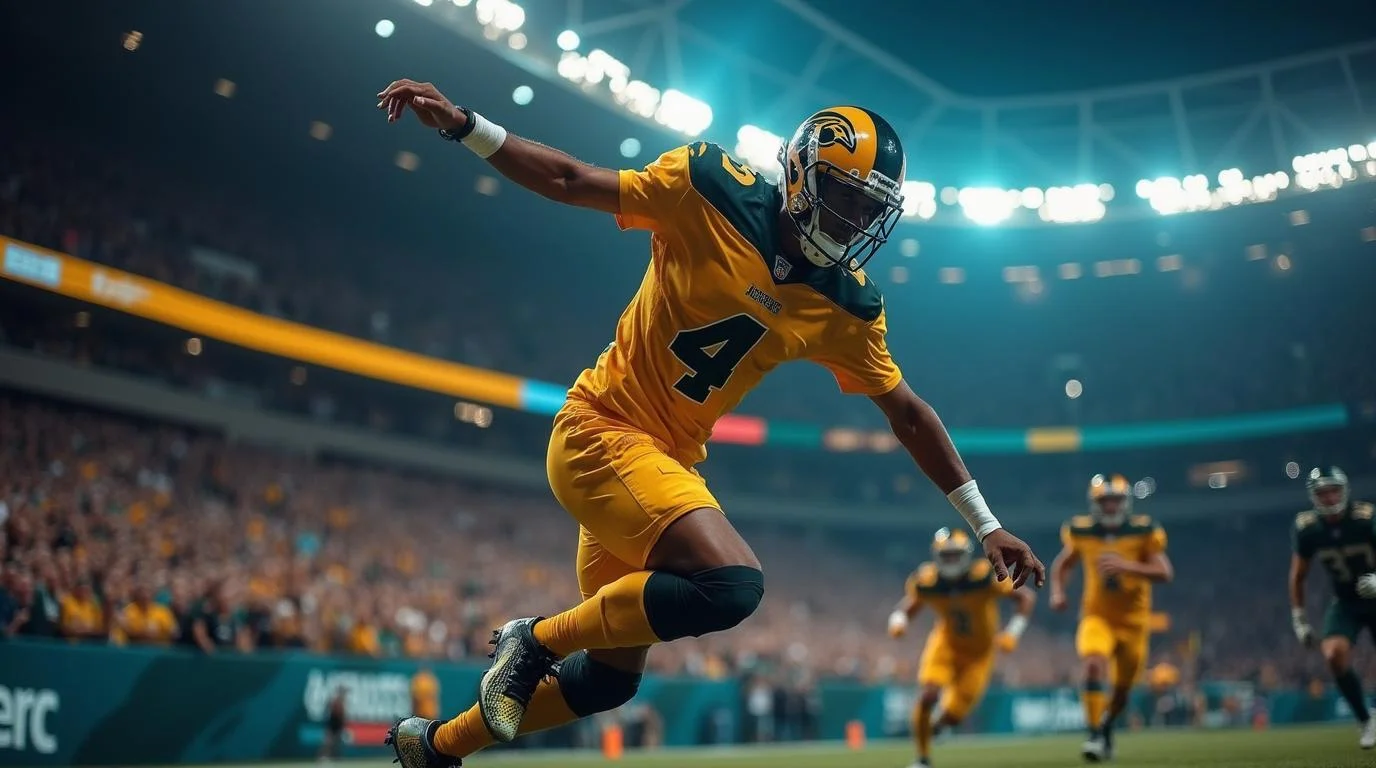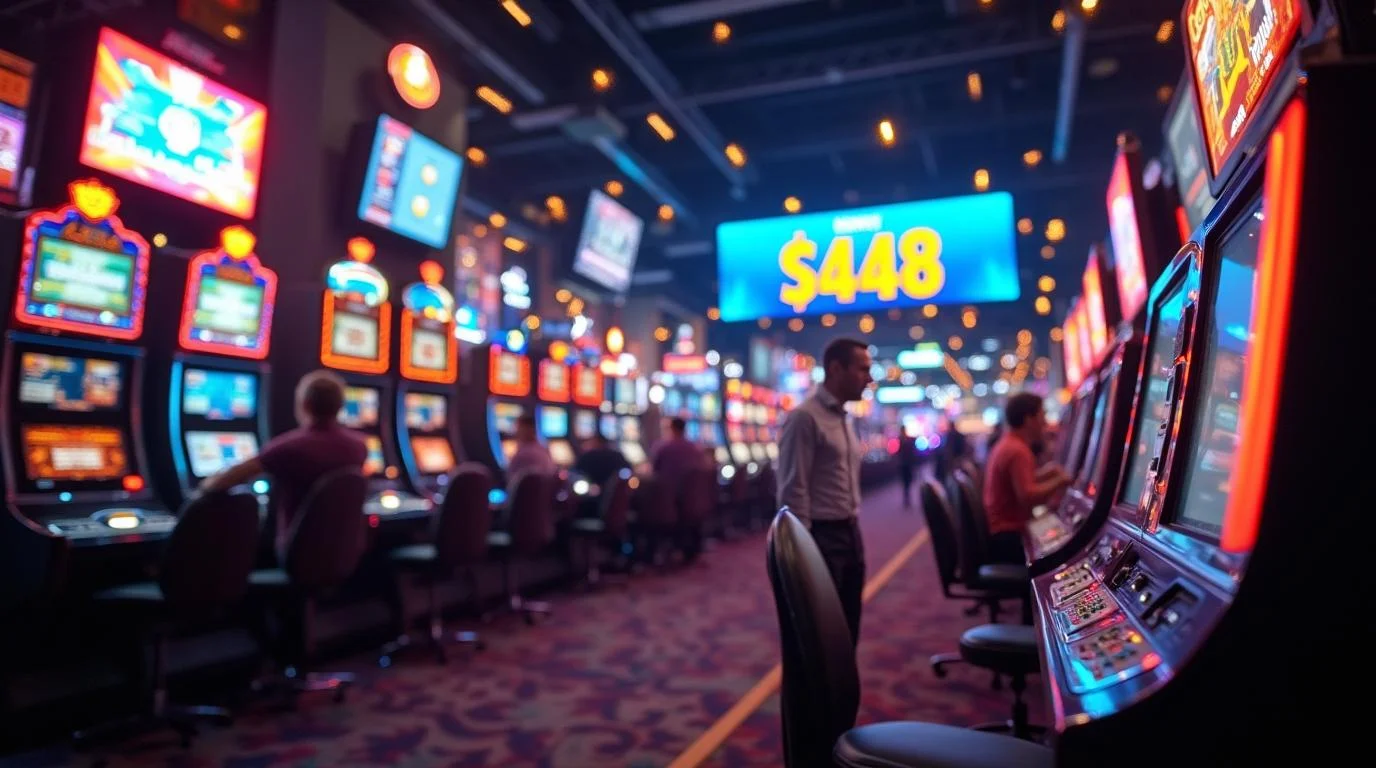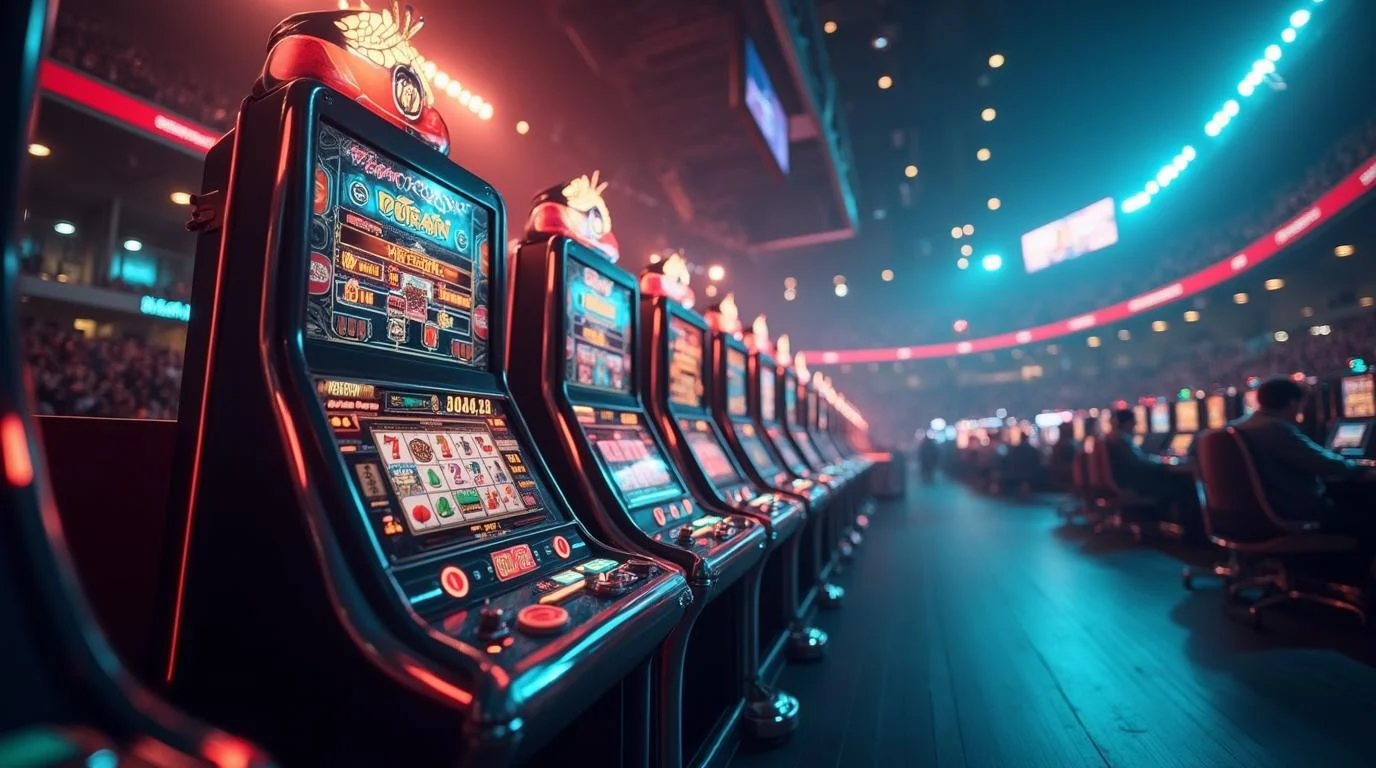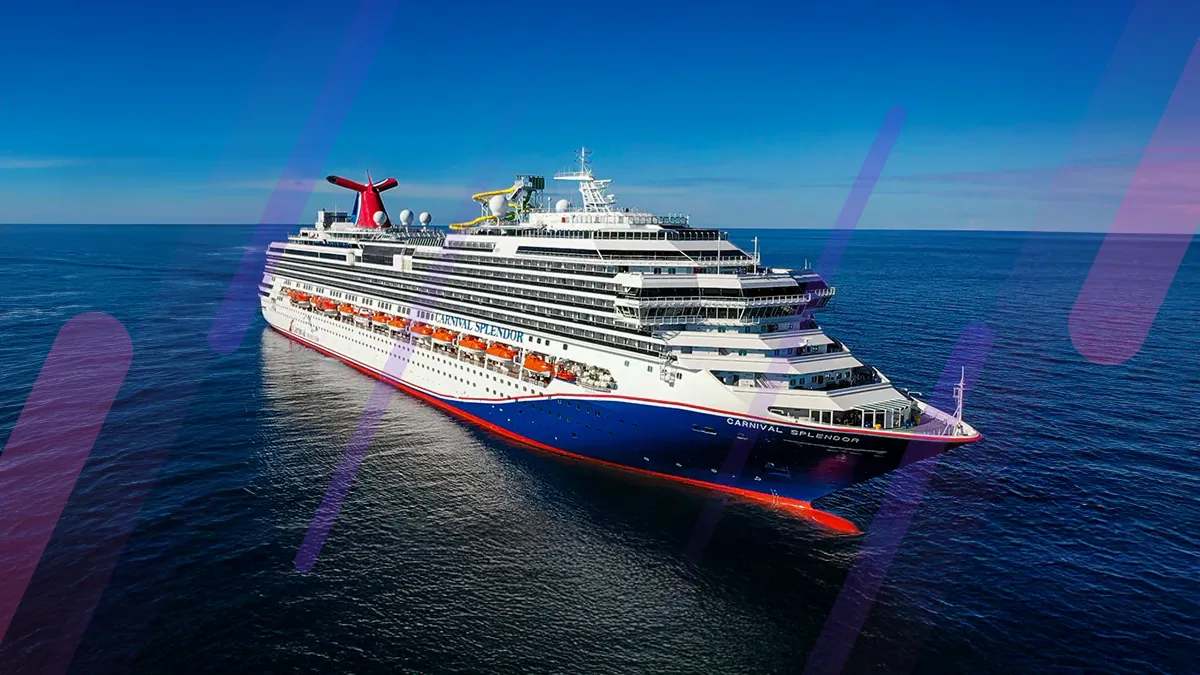Online Casino Gambling Bill Filed in Maryland

1.0
Default
After it failed to pass in Maryland last 2024, another bill was filed this month, just in time for the beginning of the legislature on January 8. The bill is for the legalization and regulation of online gambling in the state, and it was filed by Del. Vanessa Atterbeary.
As the Maryland General Assembly prepares for its 2025 session, Delegate Vanessa Atterbeary has reignited the push for legalizing online casinos in the state. Atterbeary, who also chairs the Ways and Means Committee, introduced House Bill 17, which aims to authorize and regulate online gambling in Maryland.
The bill has already been assigned to Atterbeary’s committee ahead of the legislative session’s start on January 8. This marks the second consecutive year Atterbeary has championed the effort to bring iGaming to Maryland after her previous bill failed to pass in the Senate in 2024, despite clearing the House with a vote of 92 - 43.
“Contrary to what you may have heard, the sky will not fall if iGaming is implemented in the state of Maryland,” stated Atterbeary during a committee hearing in 2024. “Problem gamblers are going to find a way to gamble, as we have already seen. It is our job to create the appropriate protections, increase support, and fund treatments for those individuals.”
What House Bill 17 proposes
House Bill 17 would authorize the Maryland State Lottery and Gaming Control Commission (MSLGCC) to give online casino licenses and oversee the industry’s regulation. This includes the ability to join multi-jurisdictional internet gaming agreements which allows pooled resources and players across participating states.
Key provisions of the bill include:
- Licensing eligibility for video lottery operators and sports wagering facility license holders.
- A requirement for operators to invest a minimum of $5 million in a live gaming studio within Maryland during the initial license term.
- A maximum of five licenses issued through two competitive rounds, ensuring diversity in market participation.
Social equity stipulations
The proposed legislation mirrors Maryland’s sports betting laws by including measures to promote social equity within the industry. For instance, video lottery operators can secure an additional license by forming partnerships with “social equity applicants.” A social equity applicant must meet at least two of the following criteria:
- Resided in an economically disadvantaged area for at least five of the last 10 years.
- Attended public schools in such areas for at least five years.
- Spent two years at a four-year Maryland higher education institution where at least 40% of students were Pell Grant-eligible.
- Have a personal net worth below a threshold determined by the MSLGCC to promote diversity, inclusion, and equity in the online gambling sector.
Challenges and opposition
While the bill offers a clear regulatory framework, it faces opposition from Maryland’s land-based casinos, including Maryland Live!. Opponents argue that online gambling could cannibalize revenue from brick-and-mortar establishments, which have been a significant source of state income and local employment.
The debate over iGaming in Maryland has also played out in the Senate. Last year, Senator Ron Watson introduced a similar bill, which received a hearing in the Senate Budget and Taxation Committee. Despite his efforts, the proposal faced hurdles, including a lack of coordinated support.
During a National Council of Legislators from Gaming States meeting in the summer of 2024, Watson reflected on the challenges. “I thought we had our ducks in a row. We needed more,” he admitted, emphasizing the importance of broader coalition-building and stakeholder alignment.
The challenges ahead
Proponents of online gambling argue that legalizing iGaming could provide substantial revenue for Maryland while offering consumer protections that are absent in unregulated markets. Atterbeary’s proposal builds on lessons learned from previous legislative attempts, aiming to balance economic opportunity with responsible gaming measures.
However, the path to legalization remains uncertain. With the legislative session just weeks away, discussions on HB 17 are expected to reignite debates about the future of gambling in Maryland.













